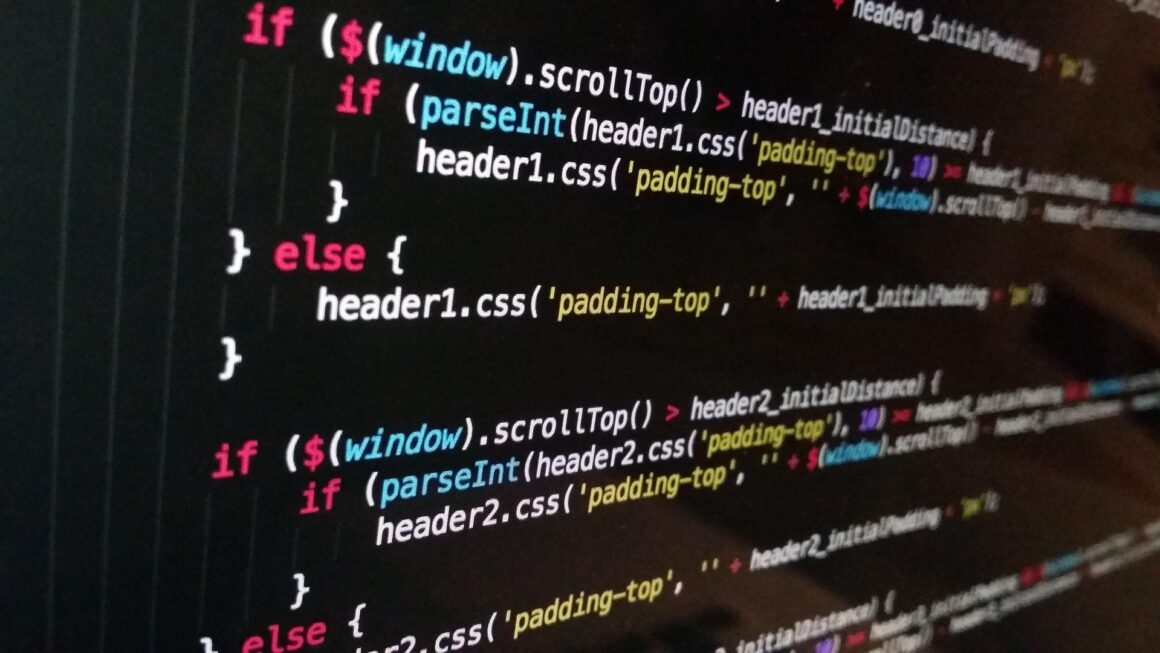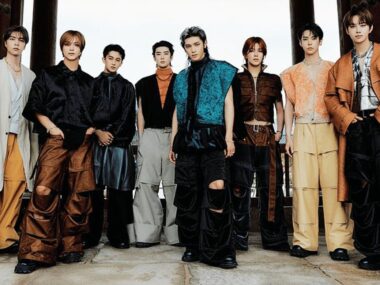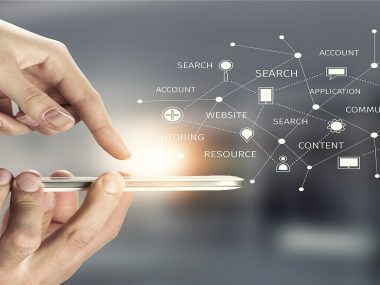During a recent fireside chat at Meta’s LlamaCon, Microsoft CEO Satya Nadella revealed a surprising stat: 20–30% of Microsoft’s codebase is now generated by AI. That figure alone would be enough to raise eyebrows. It’s not just Microsoft. Google CEO Sundar Pichai has said that over 30% of Google’s code is AI-generated.
We’re not just witnessing a shift. We’re watching the rules of software development being rewritten. But the question isn’t just how much code AI is writing. The real question is: What does this mean for the future of human programmers?
AI Isn’t Replacing Developers. It’s Redefining Them
Kevin Scott, Microsoft’s CTO, believes AI will eventually write 95% of code. But even he doesn’t think developers are becoming obsolete. Instead, he draws a parallel to the 1980s, when developers moved from low-level Assembly to high-level languages. That shift wasn’t the end of programming, it was a revolution that expanded who could participate and what they could build.
AI is the next leap. It’s not replacing developers. It’s reshaping their role.
AI handles boilerplate tasks, offers suggestions, and streamlines development. But humans still define the problems, validate solutions, and innovate. As Scott put it, the “authorship” of software, the intent, design, and creativity, remains in human hands.
Lower Barriers, Higher Expectations
With AI assistance, programming isn’t just for the experts anymore. Beginners can create apps. Non-coders can experiment. Small businesses can automate workflows without hiring entire dev teams.
That’s powerful, but it doesn’t eliminate the need for expert developers. In fact, it raises the bar for what human developers are expected to do. They’ll be tasked with solving tough problems, designing more elegant systems, and managing AI as a co-developer. Not just a tool.
Just as accounting software allowed small business owners to do their own taxes, AI will let non-engineers write functional code, but that doesn’t eliminate the need for actual engineers.
A Shift in Team Structure and Workflow
Scott also predicted smaller, highly motivated teams will outperform larger ones thanks to AI. Why? Because AI shortens the time between idea and execution. It eliminates middlemen, those who translate problems into code, by letting users do it themselves.
That creates new dynamics: faster iteration, more ownership, and potentially leaner teams doing more with less.
But again, it doesn’t erase the need for human oversight. Creativity, ethics, long-term thinking…those aren’t tasks you can delegate to a model.
From Handwritten Returns to Software-Led Solutions
This moment in tech feels familiar to me.
I once thought I’d become a CPA. I interned at an accounting firm just as computers became affordable and tax software emerged. I watched the workload shift. Manual tax prep declined. Clients used software. Work changed, and shrank.
Eventually, I left accounting behind. But even the friends who stayed in the field aren’t doing what they trained for. They still have jobs. But the nature of those jobs has transformed.
AI in programming is following the same path.
It’s not wiping the slate clean. It’s rewriting it. The skills needed today are different from what it was five years ago. But for those willing to adapt, opportunities are everywhere.
AI Is a Catalyst, Not a Threat
AI is not the end of programming. It’s the next stage of its evolution.
Yes, the shift is happening fast. Yes, some roles will shrink or disappear. But new ones will emerge. Just like we didn’t eliminate computers because they made some jobs obsolete, we won’t shun AI. We’ll adapt.
The future isn’t AI or humans. It’s AI with humans. Building faster, thinking deeper, and reaching more people than ever before.






